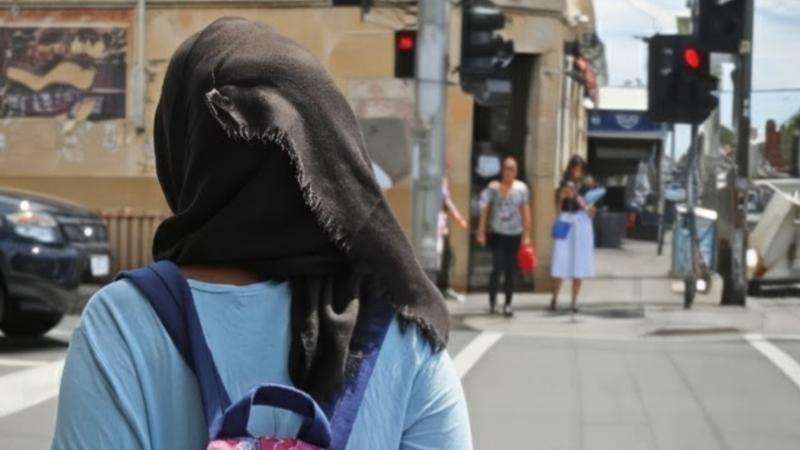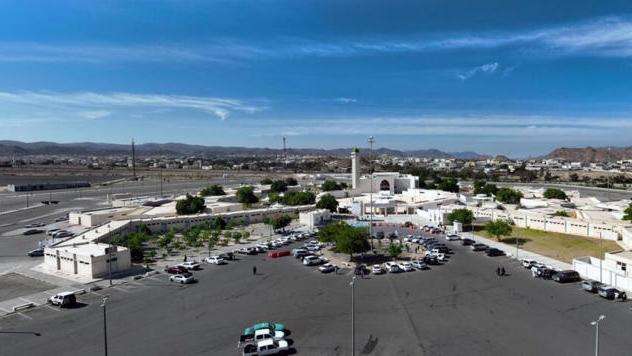The Civil Service has reportedly spent over £27 million of taxpayer money on name of equality, diversity, and inclusion (DEI) staff and projects within a single year. This expenditure comes to light as the government contemplates significant cuts to Civil Service posts, Daily Dazzling Dawn understands.
In the name of equality, diversity, and inclusion (DEI), over £27 million of taxpayer money was spent by the Civil Service in one year. This sum covers the salaries of 380 full-time DEI staff, amounting to £20 million, with their average salaries being £53,000. Additionally, £534,000 was spent in 2022/23 on 570 diversity networks with 2,965 committee members. The £27 million also includes expenditure on "away days" and membership fees for various equalities organizations. A significant portion, £800,000, was allocated to "external benchmarking" and memberships, including to organizations like the LGBT charity Stonewall.
A comprehensive audit, dubbed the "first full audit of 'Whitehall wokery'," revealed that hundreds of DEI staff are employed by the government, earning average salaries of £53,000. A review of government departments and quangos identified 380 full-time "equality, diversity and inclusion" staff, contributing to a salary bill of £20 million.
An internal report from the Cabinet Office further disclosed that there were 570 diversity networks with 2,965 committee members, costing taxpayers £534,000 in 2022/23. The total £27 million figure also encompasses spending on "away days" and membership in equalities organizations, according to research commissioned by the Conservative party. Critics highlight that this sum could alternatively fund winter fuel payments for 135,000 pensioners or employ over 1,000 nurses.
While DEI staff are intended to promote diversity within the Civil Service, they have faced criticism for allegedly advancing unverified claims regarding gender and race. Additionally, £800,000 was reportedly spent on "external benchmarking" and memberships to organizations like the controversial LGBT charity Stonewall.
These revelations emerge amidst government plans to cut approximately 50,000 Civil Service posts, with calls for even deeper reductions. Officials have suggested a 10% reduction in roles by 2030, as Rachel Reeves and Sir Keir Starmer aim to streamline the size of the state. The Civil Service currently comprises about 515,000 full-time equivalent positions, a notable increase from roughly 380,000 in June 2016. An official familiar with negotiations over Ms. Reeves' spending review reportedly told the Financial Times that a reduction to 450,000 posts by 2030 would not be surprising.
Meanwhile, a new report by the Policy Exchange think-tank, supported by a former senior mandarin, proposes cutting 80,000 Civil Service jobs to save £5 billion annually. The report recommends a 60% reduction in communications roles, a 50% cut in HR, and the elimination of "excessive layers of management." To balance these cuts, it advocates for pay rises in the most senior roles and pension system reforms that would allow staff to accept a 10% pay increase in exchange for reduced employer pension contributions. This plan, according to the document, could deliver annual savings of approximately £5 billion, including future pension savings, compared to previous projections of £2 billion.
Stephen Webb, the report's author and a former director at the Home Office and Cabinet Office, believes that even faster and deeper cuts are achievable. He stated that while ministers have recognized systemic issues and planned £1.5 billion in reductions by the end of Parliament, £5 billion in reductions could be delivered within one to two years.
Sir Keir Starmer recently articulated his vision for reforming what he described as an "overcautious and flabby" state. A government spokesman declined to comment on speculation ahead of the spending review.



_7.jpg)




.svg)



